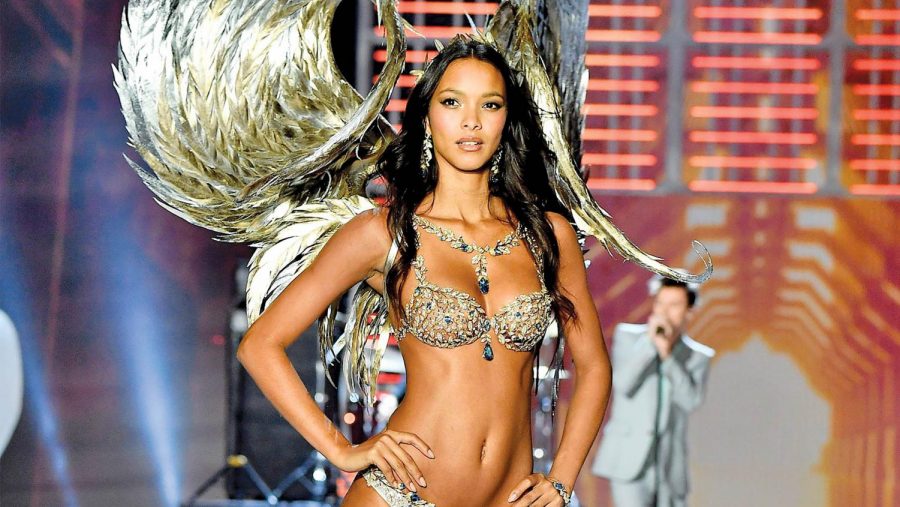What is Victoria’s secret? No trans or plus size models need to apply
The Victoria’s Secret Fashion Show has been going on since 1995.
Victoria’s Secret is a store that inspires instant memories within the mind of any femme identifying person. From being dragged there, red-faced, by your mother when you’re young, to buying the first bra that actually fits you (in some cases, finally purchasing a life-altering gender-affirming garment), Victoria’s Secret is a cultural juggernaut of femme identity.
And so, in this radically evolving era of body positivity and acceptance, you would assume that Victoria’s Secret would be abreast in this overdue revolution; awash in the revenue stream of inclusivity. You’d think that they’d be quick to embrace a wider range of sizes, and the first to cast groundbreaking models. You might think that. You’d be wrong.
Comments made by a senior marketing officer, Ed Razek, confirmed what we’d all been crossing our fingers for, hoping that it wasn’t true: Victoria’s Secret isn’t trying to elevate you as a woman; it’s trying to denigrate you. Their show purposefully reinforces unrealistic body standards for women through a blatant and callous practice of exclusivity.
Razek told Vogue in a recent interview that trans-women and plus size women would not be walking on the Victoria’s Secret fashion show runway because they did not factor into “the fantasy.” He so helpfully reminded us that the show is an “entertainment special,” and so, he couldn’t possibly feature a more holistic representation of American women because that wouldn’t be “entertaining.”
These semantics directly implicate a large audience, one that the show undoubtedly has. Last year’s broadcast garnered nearly five million viewers. However, it betrays a total misunderstanding of exactly who makes up that sizable audience.
Razek seems to think that this show is all about the male gaze, and so, his company must cater to that “fantasy.” But in actuality, most of the audience is made up of women. These are the viewers who hold watch parties for the show, the viewers who follow each model’s career over the years, the viewers who actually shop at Victoria’s Secret.
And sure, there is that element of fantasy to the show, but the only reason Razek doesn’t see plus-sized women or trans-women as part of this fantasy is because they’re rarely given that stage. And so they make their own (arguably more entertaining) stages. If executives like Razek recognized that their viewer would be ecstatic to see someone like herself on that stage, then maybe they’d see the magic in that.
Youtuber and transgender activist Gigi Gorgeous, is a perfect example of the ramifications of this serious misstep. Gorgeous posted a video in response to Razek’s comments, telling the story of Victoria’s Secret’s role in her transition– namely in helping her feel as femme as she wanted to be. However, after Razek’s interview, she told her wide audience (the video currently has 766,000 views) that she would no longer be a customer of the brand.
Razek also imparted to Vogue that Victoria’s Secret has to work very hard to keep the competition at bay, almost implying that this exclusivity is a necessary sacrifice in order to keep stores open from Orlando to Seattle. Well, Mr. Razek, congratulations. You’ve just given your competition all the ammunition they’ll ever need: a client base that no longer respects you.







